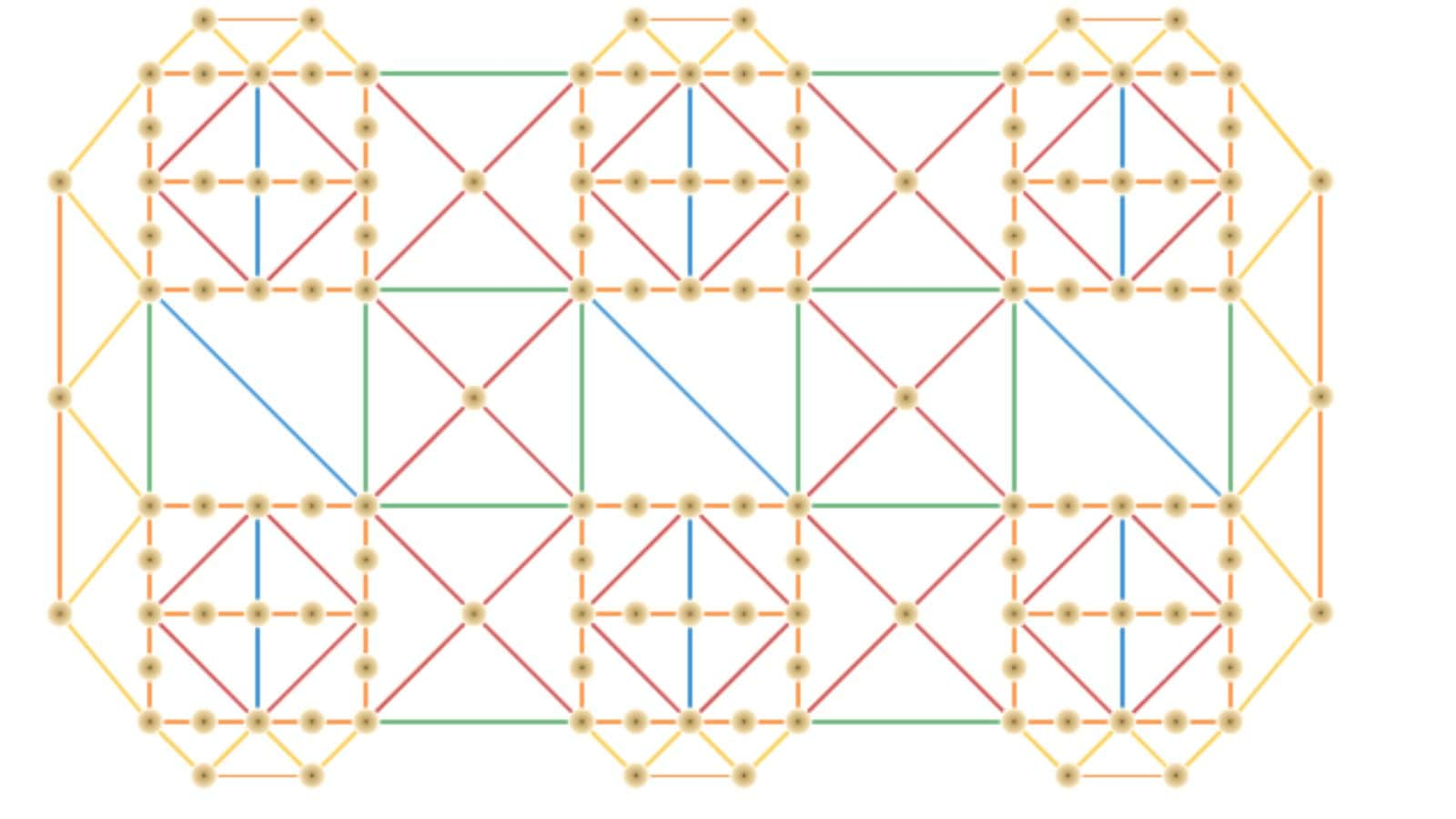Thinking Machines debuts Tinker, a developer tool to simplify fine-tuning of AI models
Using Tinker, developers can easily fine-tune a wide range of large and small open-weight models such as Alibaba’s Qwen-235B-A22B.
 Researchers at Princeton, Stanford, Berkeley, and Redwood Research were given early access to Tinker. (Image credit: Thinking Machines Lab)
Researchers at Princeton, Stanford, Berkeley, and Redwood Research were given early access to Tinker. (Image credit: Thinking Machines Lab)Former OpenAI CTO Mira Murati’s AI startup, Thinking Machines Lab, has unveiled its first product aimed at helping developers easily fine-tune large language models (LLMs).
Called Tinker, the API-based product allows developers to “write training loops in Python on your laptop” that run on the company’s distributed GPUs, Thinking Machines said in a blog post on October 1. Scheduling, resource allocation, and failure recovery is also handled by the company itself.
Using Tinker, developers can fine-tune a wide range of large and small open-weight models, including large mixture-of-experts (MoE) models such as Alibaba’s Qwen-235B-A22B as well as Meta’s Llama family of models. It has currently been released for private beta-testing by waitlisted researchers and developers. Users will be able to initially access Tinker for free, with usage-based pricing set to be introduced in the coming weeks.
Thinking Machines Lab has generated a lot of interest, especially among investors. The startup comprising several former OpenAI researchers recently raised $2 billion in seed funding. At OpenAI, Murati led the development of ChatGPT and frequently appeared alongside CEO Sam Altman until her abrupt exit last year. Her new venture aims to advance open research, a commitment that initially led to the founding of OpenAI which has since become more closed off with growth and influence.
By offloading the time-consuming parts of fine-tuning an LLM, Tinker looks to help developers and researchers focus more on improving algorithms and refining data for an AI model. “Tinker provides an abstraction layer that is the right one for post-training R&D,” John Schulman, an OpenAI co-founder now working at Thinking Machines, said in a post on X.
“It empowers researchers and hackers to experiment with models by giving them control over the algorithms and data while we handle the complexity of distributed training,” the company said.
“Compared to the more common and existing paradigm of “upload your data, we’ll post-train your LLM”, this is imo a more clever place to “slice up” the complexity of post-training, both delegating the heavy lifting, but also keeping majority of the data/algorithmic creative control,” Andrej Karpathy, founder of Eureka Labs, said in a post on X.
Tinker is cool.
If you’re a researcher/developer, tinker dramatically simplifies LLM post-training. You retain 90% of algorithmic creative control (usually related to data, loss function, the algorithm) while tinker handles the hard parts that you usually want to touch much less… https://t.co/RR1qmQ7Pp6
— Andrej Karpathy (@karpathy) October 1, 2025
In order to lower the compute costs of multiple training runs, Thinking Machines said that Tinker uses a method called LoRA that allows large AI models to adapt to specific tasks by training a small add-on instead of changing all the original weights. “Tinker’s API gives you low-level primitives like forward_backward and sample, which can be used to express most common post-training methods,” the company said.
“Even so, achieving good results requires getting many details right,” it added. Thinking Machines has also introduced Tinker Cookbook, an open-source library that contains modern implementations of post-training methods that run on top of the Tinker API.
Researchers at Princeton, Stanford, Berkeley, and Redwood Research were given early access to Tinker. They have been using the API to fine-tune models for proving mathematical theorems, completing chemistry-related reasoning tasks, running multi-agent experiments, etc.







